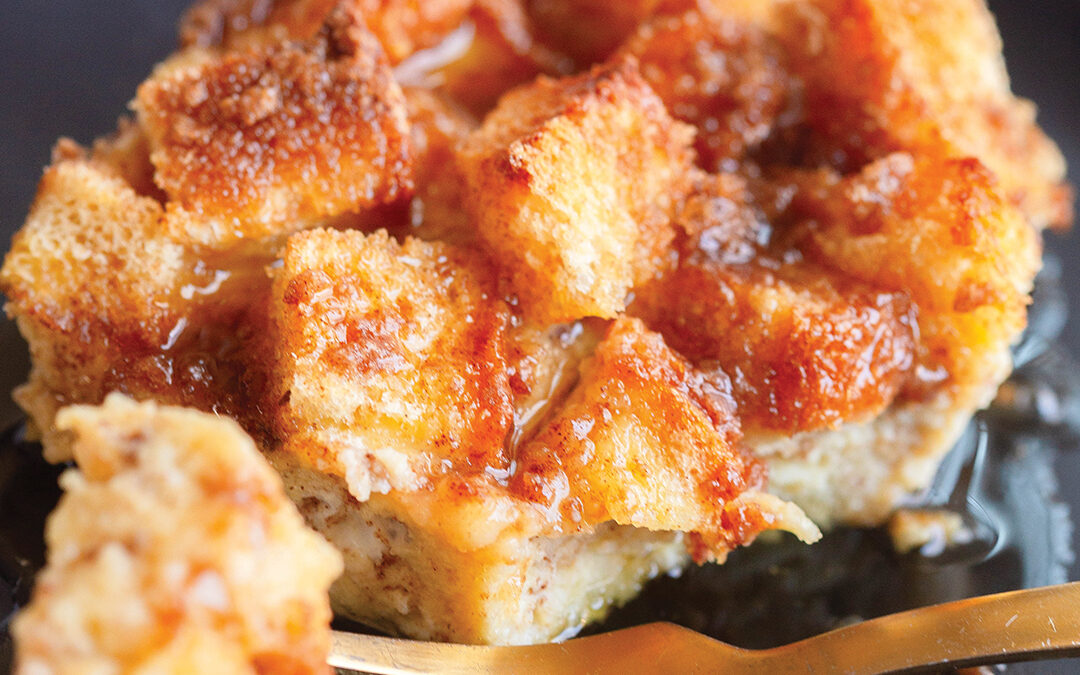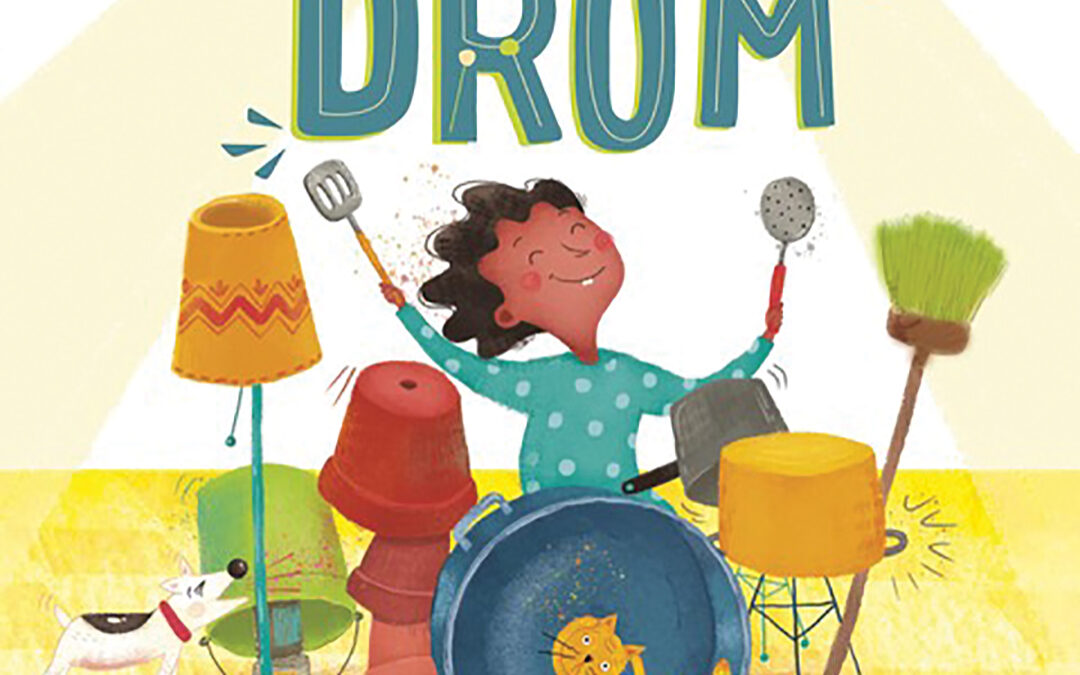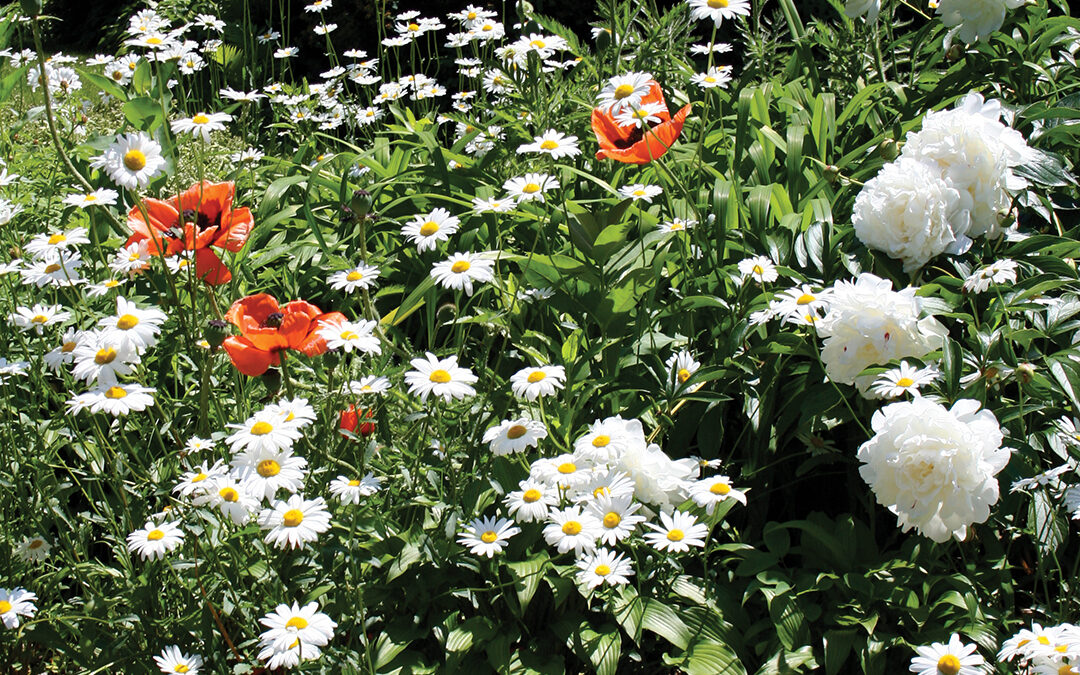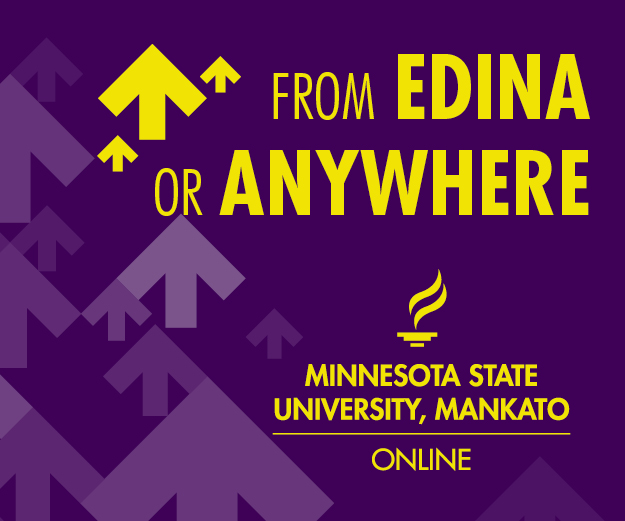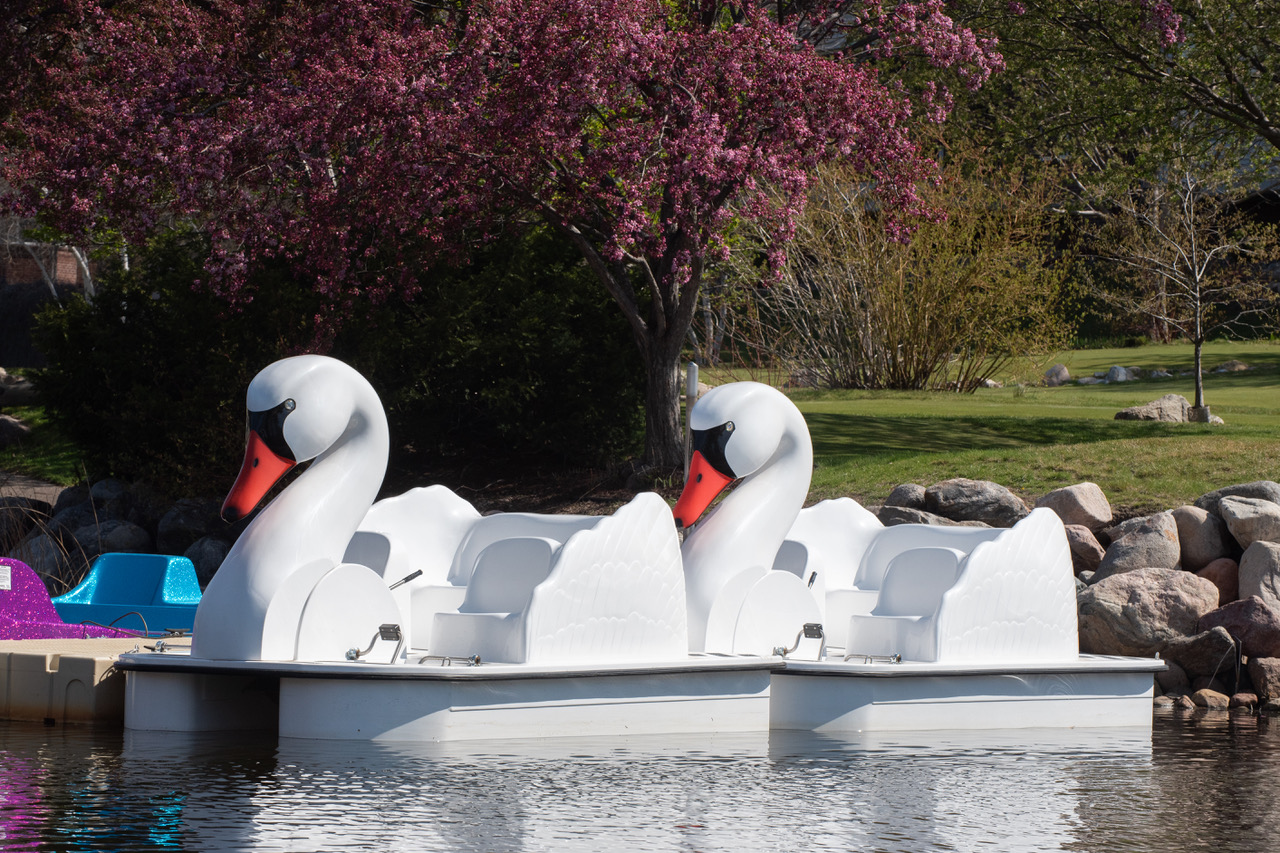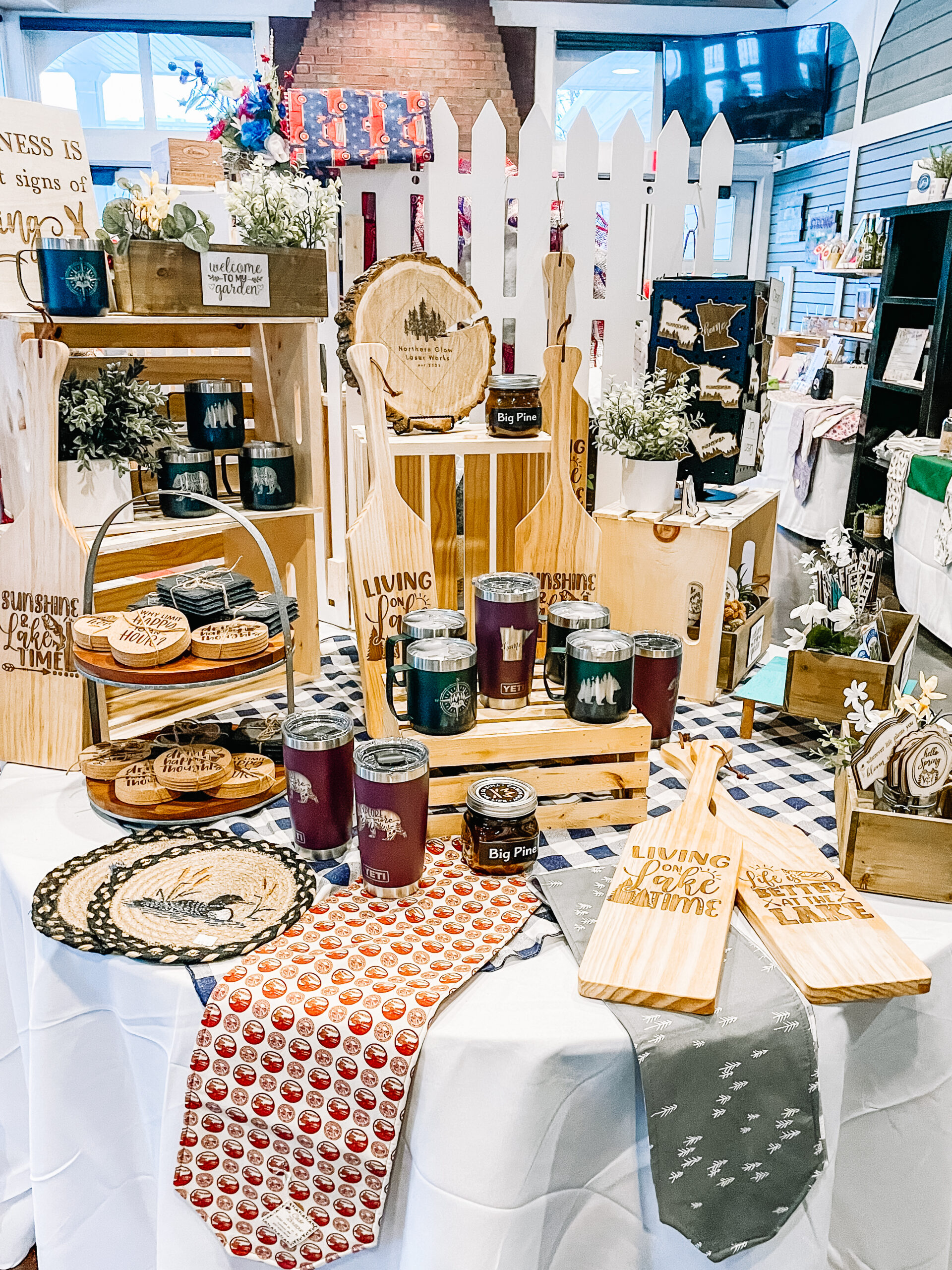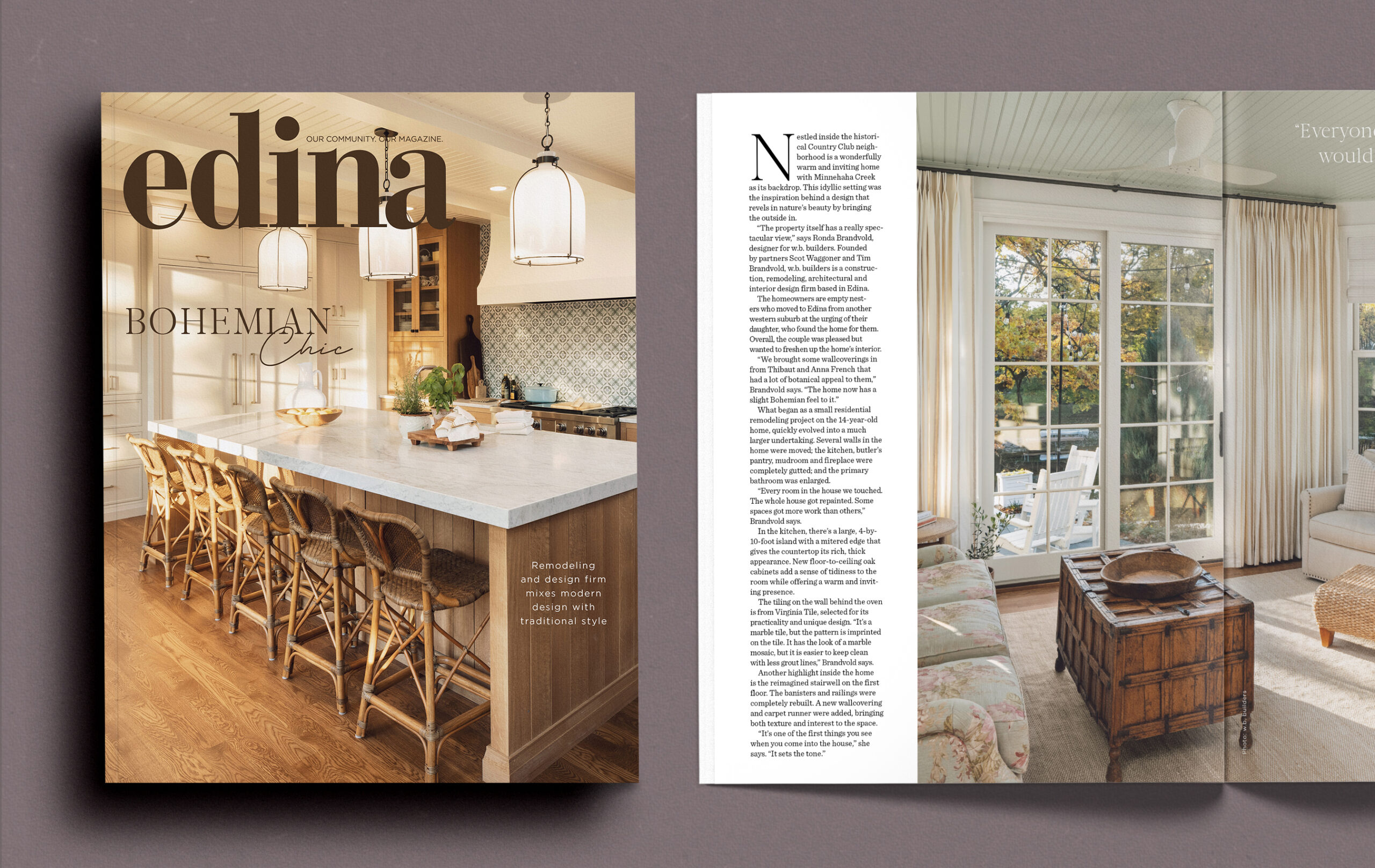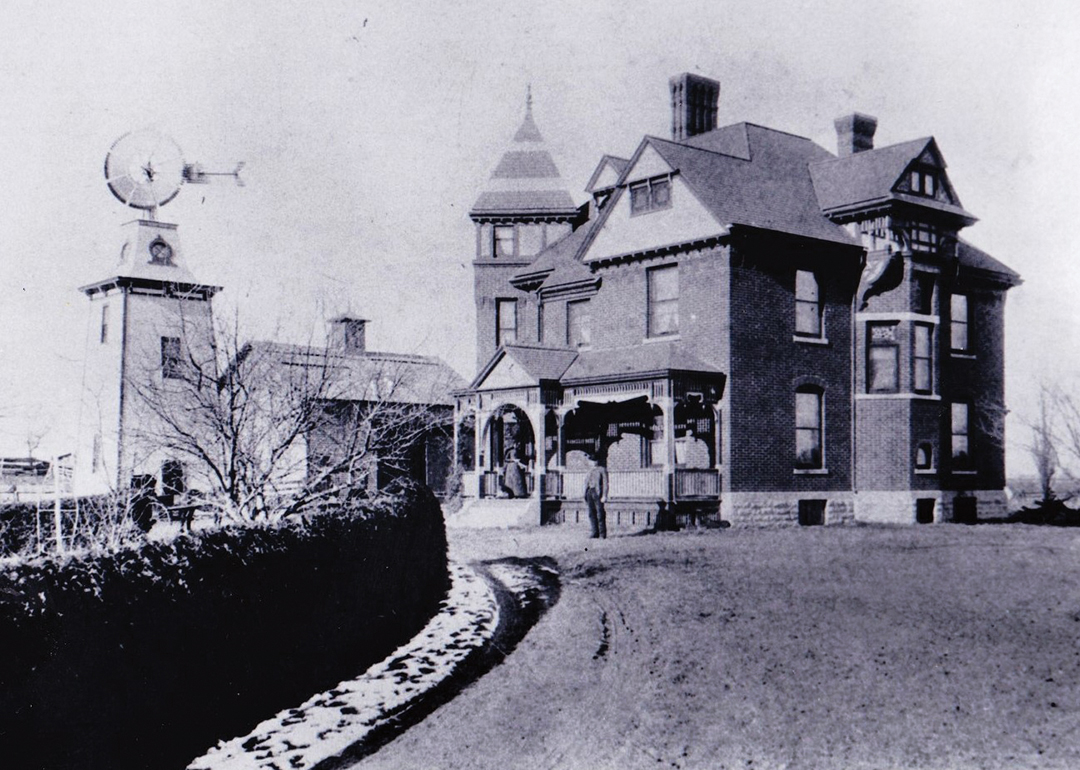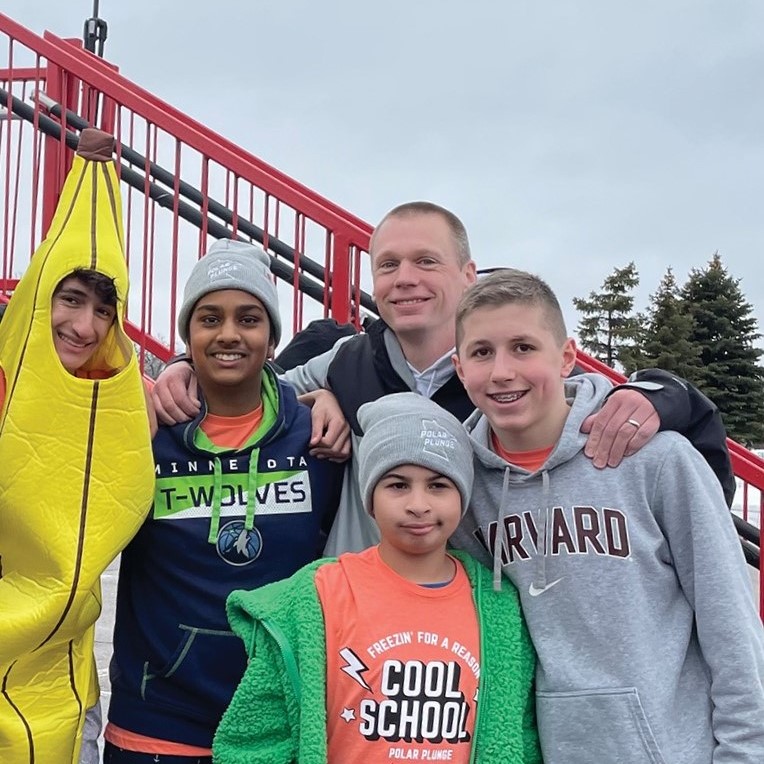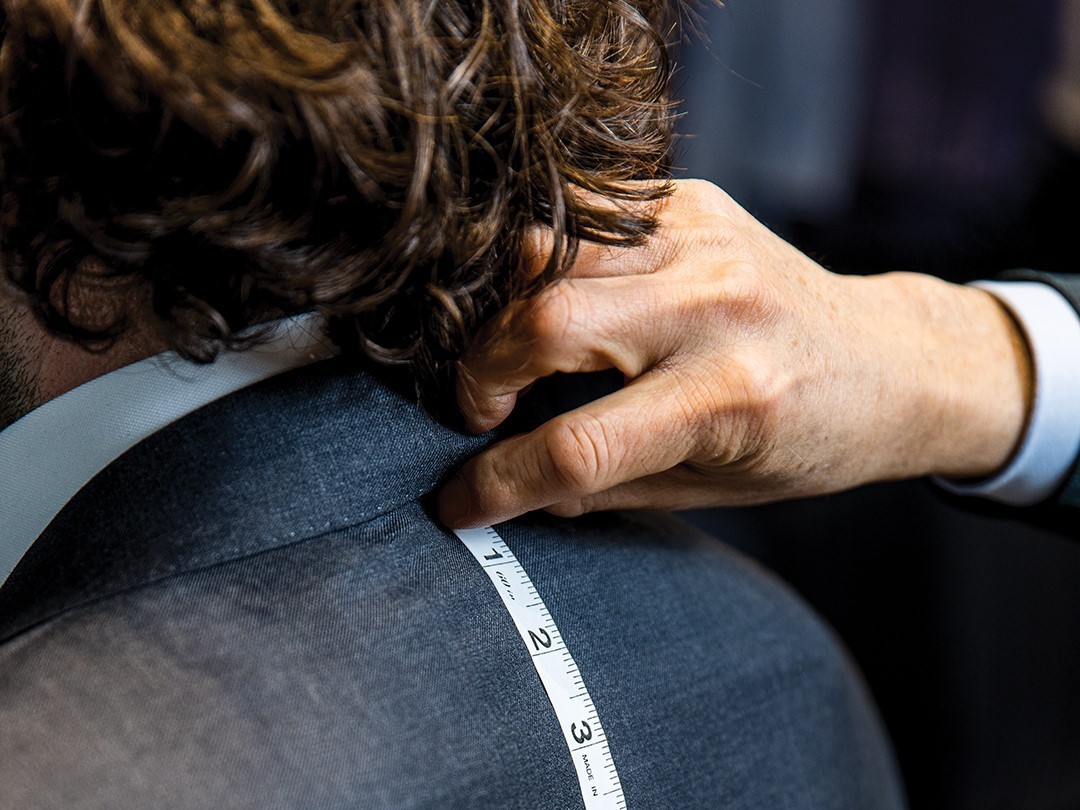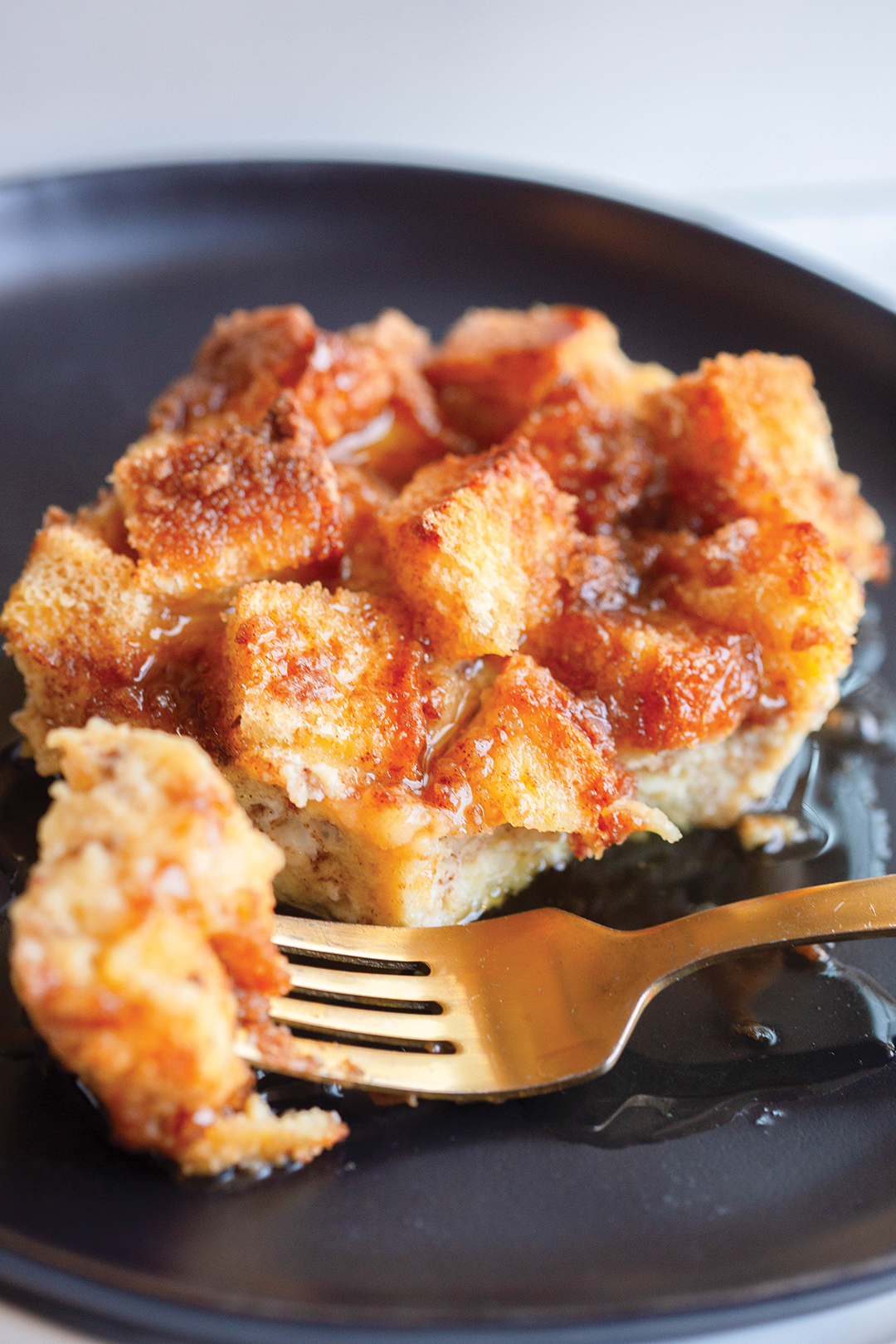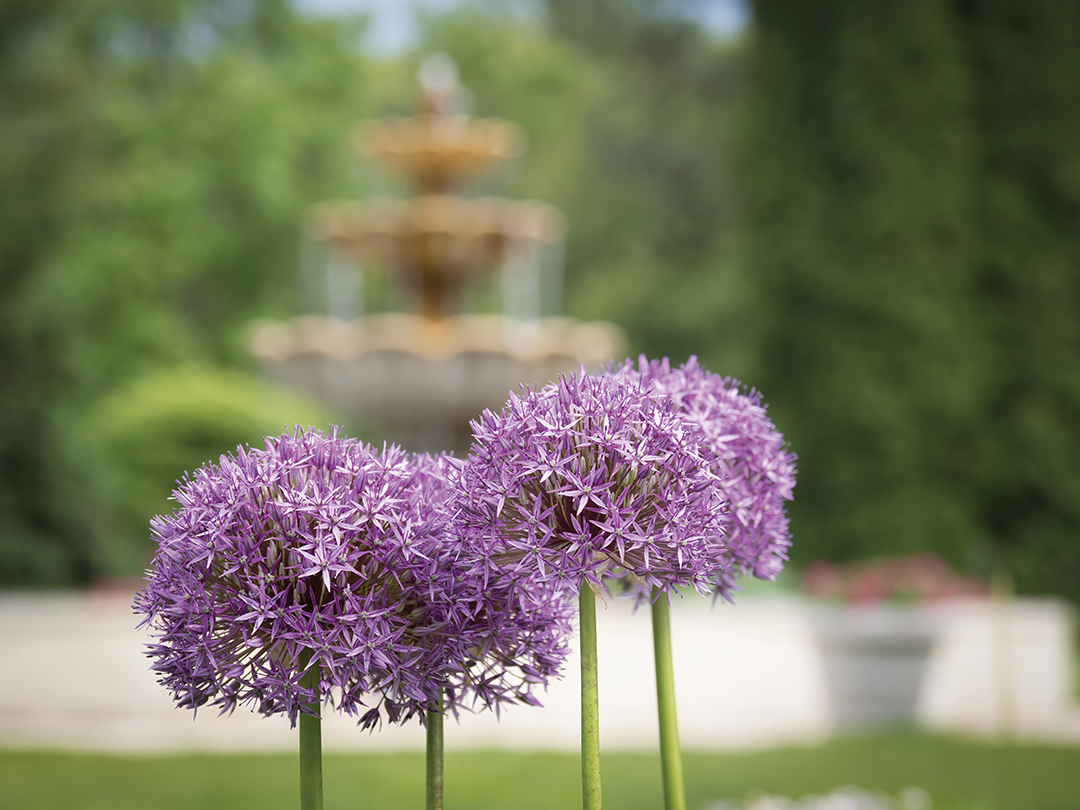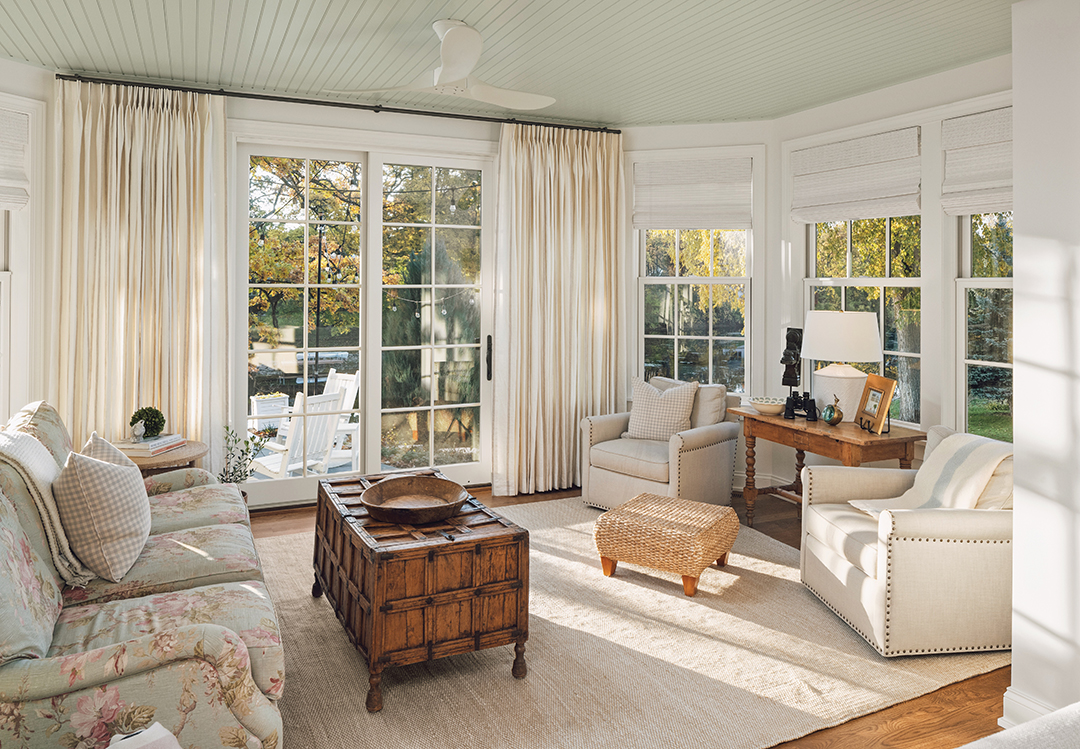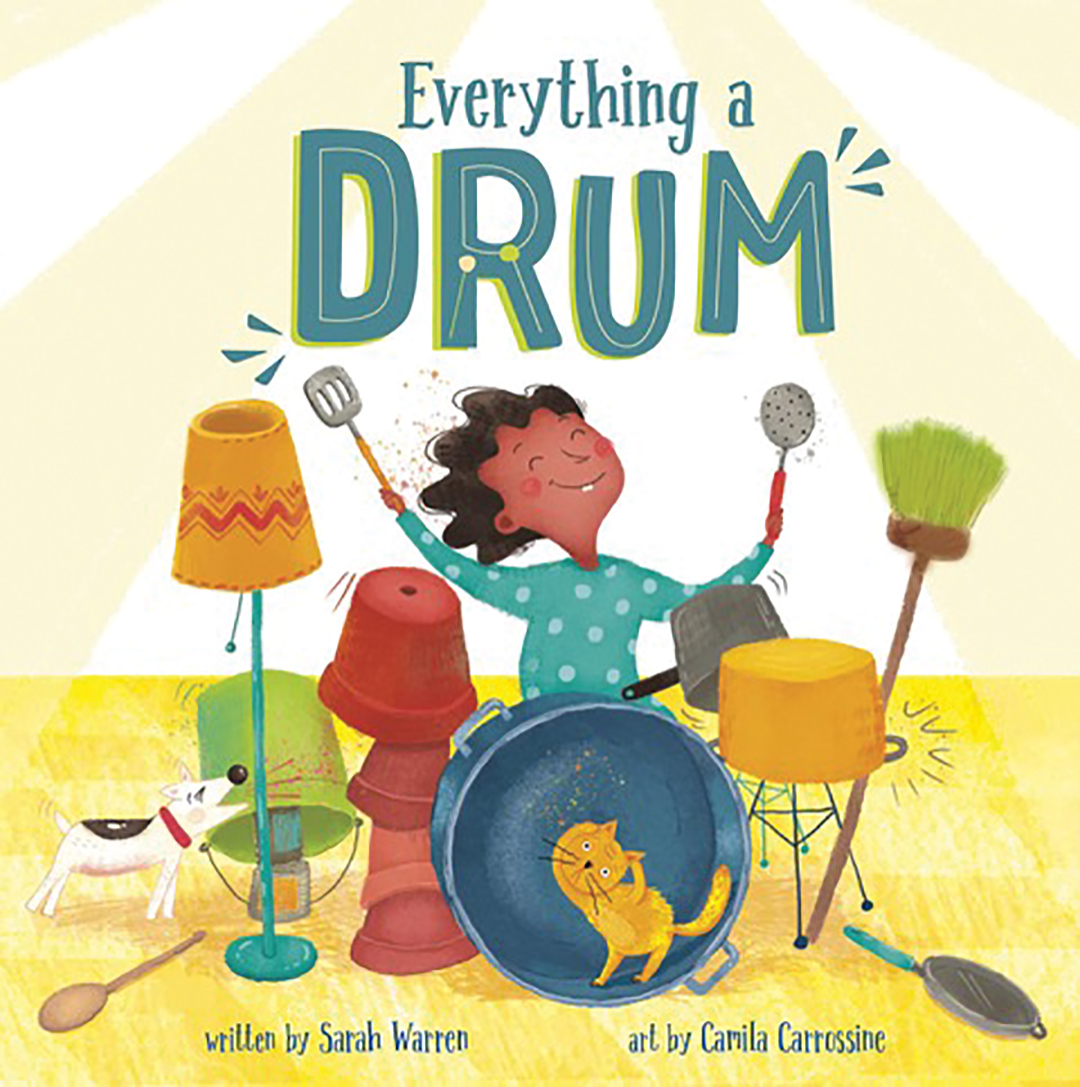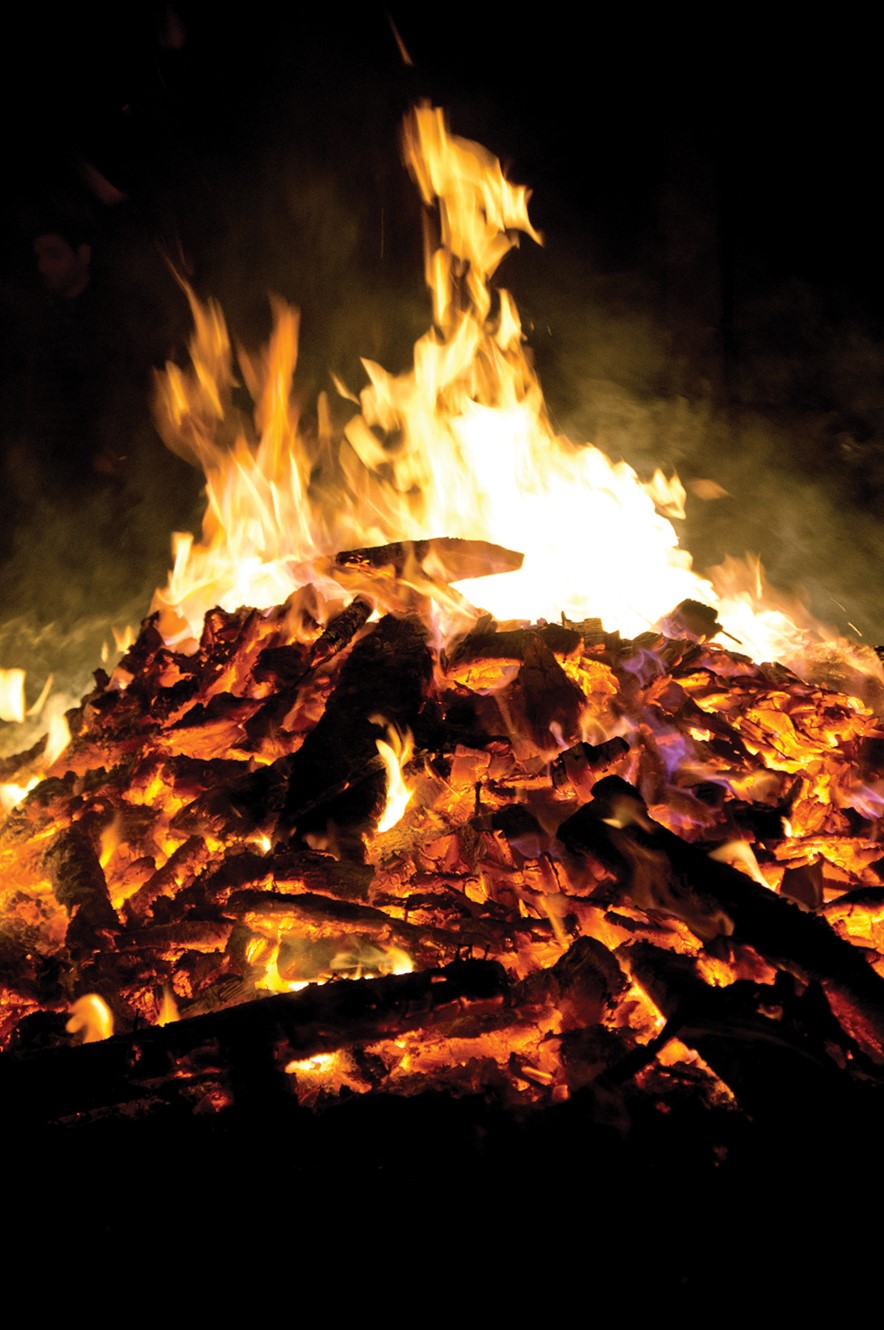
iStock/OrkhanHasanov
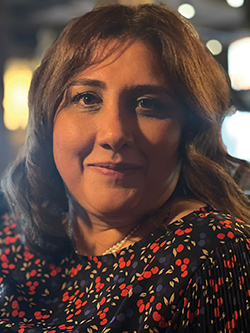
Ghazaleh Dadres
When she was a teenager in Toronto, Ghazaleh Dadres was always immersed in global cultures. “There is really a mosaic of cultures in Toronto, and that has always been fascinating to me,” Dadres says. “I enjoyed participating in other people’s joyous occasions. Wherever I’ve lived, I’ve always tried to bring the community together.”
Dadres was born in Iran and lived there until her family moved to Toronto when she was 12. Twenty years later, she and her husband, Mani Mirzasadeghi, moved to Edina, where their two children—ages 12 and 14—attend South View Middle School and are growing up blending their Iranian and American cultures.
“When we started making friends in Edina, the majority of them were long-term Edina residents and most of them were white,” Dadres says. She wanted to bring the multicultural Edina community together. When her family observed Noruz, the Persian new year celebration around the spring solstice, she casually invited neighbors and friends to stop by.
“The holiday is just about saying hello, wishing each other a new year and moving on to the next house,” she says. She made handouts to explain the traditional elements of the Noruz table, and even noted the parallels to Christian Easter festivities. “A lot of it is about rebirth, growth and renewing,” she says.
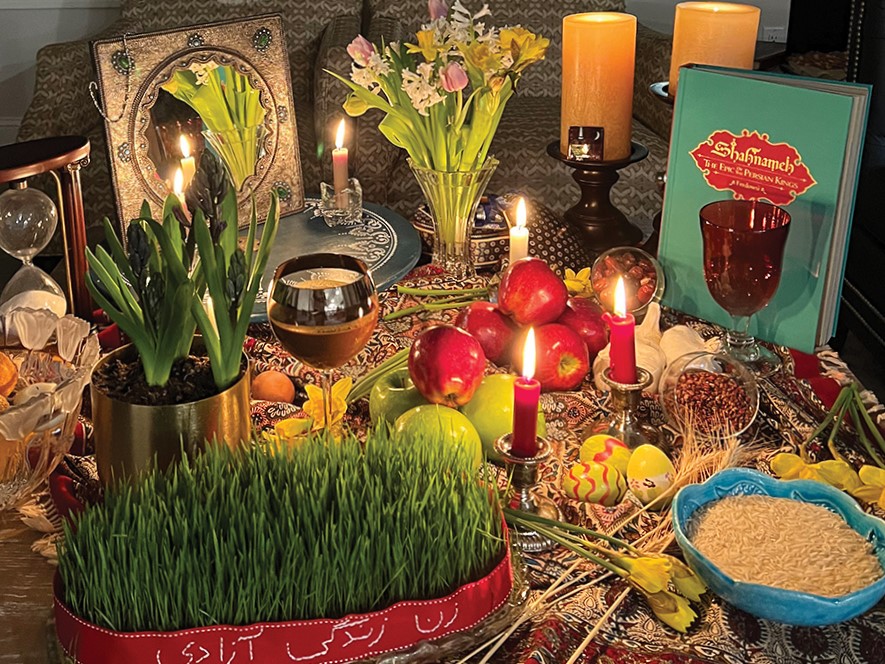
A Noruz table features seven items that start with the Persian letter for S. Sabzeh (wheatgrass), Samanu (wheat germ pudding), Senjed (dried oleaster), Seer (garlic), Seeb (apple), Sumac (crushed spice) and Serkeh (vinegar).
A few years later, after the success of her Noruz tables, Dadres was inspired to try something new: a Chaharshanbeh Suri celebration. The traditional Iranian and Persian festival takes place on the night of the last Tuesday of the old year, before Noruz. Participants gather to take turns jumping over a small fire, casting off the old year and ushering in the new. “As you jump, the chant goes something like, ‘May all of my paleness and all of my ailments be transferred to you, the fire, and may I get all of your glow, heat and energy, and carry it into the new year,’” Dadres says.
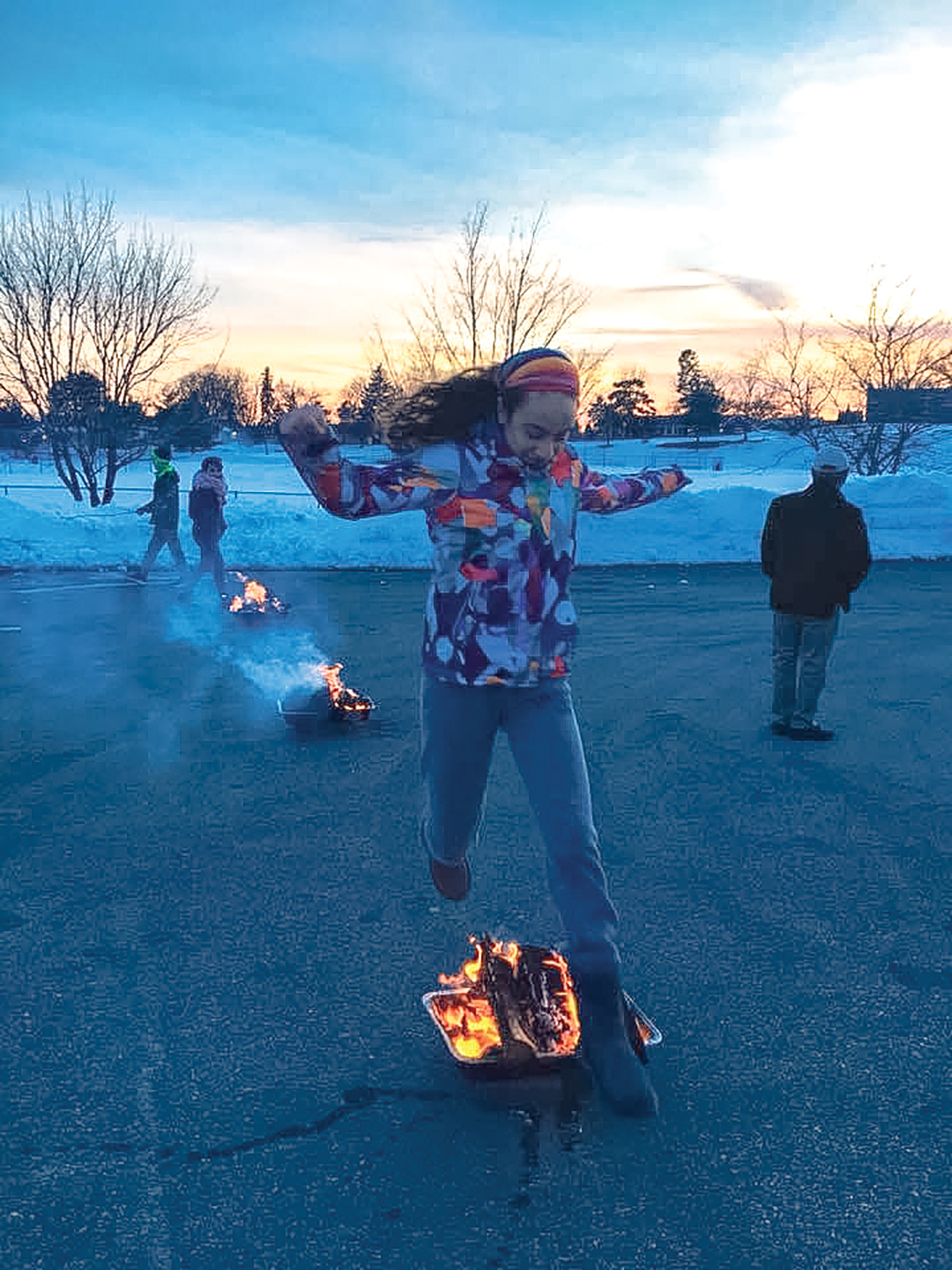
Community members jump over the fire at the first Chaharshanbeh Suri event in 2018. Photo: Ghazaleh Dadres
She was encouraged by her friends in the South Cornelia Neighborhood Association to organize a Chaharshanbeh Suri festival right here in Edina. For the first Edina festival in 2018, the group used the warming house at Cornelia School Park to set up tables for food and built several small fires in the park where kids and grownups alike could take part in the joyful jump.
“Ghazaleh had volunteered to lead our cultural diversity committee, and I was excited to support her,” says Marie Johnson, chair of the South Cornelia Neighborhood Association. “Growing up in a Minnesota suburb, I had very little exposure to other cultures and traditions. We were very interested in learning about their traditions and celebrations.”
Dadres says she is grateful for Johnson’s support. “Marie really let me build up the courage to say, ‘Yes, let’s do this,’” Dadres says. “Of course, it was received with open arms and welcomed. Once you have a group of people, who have a common goal, it becomes a grassroots movement. This was easy.” Dadres and her neighbors spread the word primarily on social media and were floored to have almost 500 people attend the festival, from Edina and beyond—including folks with and without Iranian heritage. “We have food and bring people together. What more could you ask for?” Dadres says. It’s now become a popular annual tradition (briefly interrupted by COVID-19, of course).
Iman Ebadi attended the Chaharshanbeh Suri celebration for the first time last year. The festival “was an amazing experience,” Ebadi says. “It was very heartwarming.”
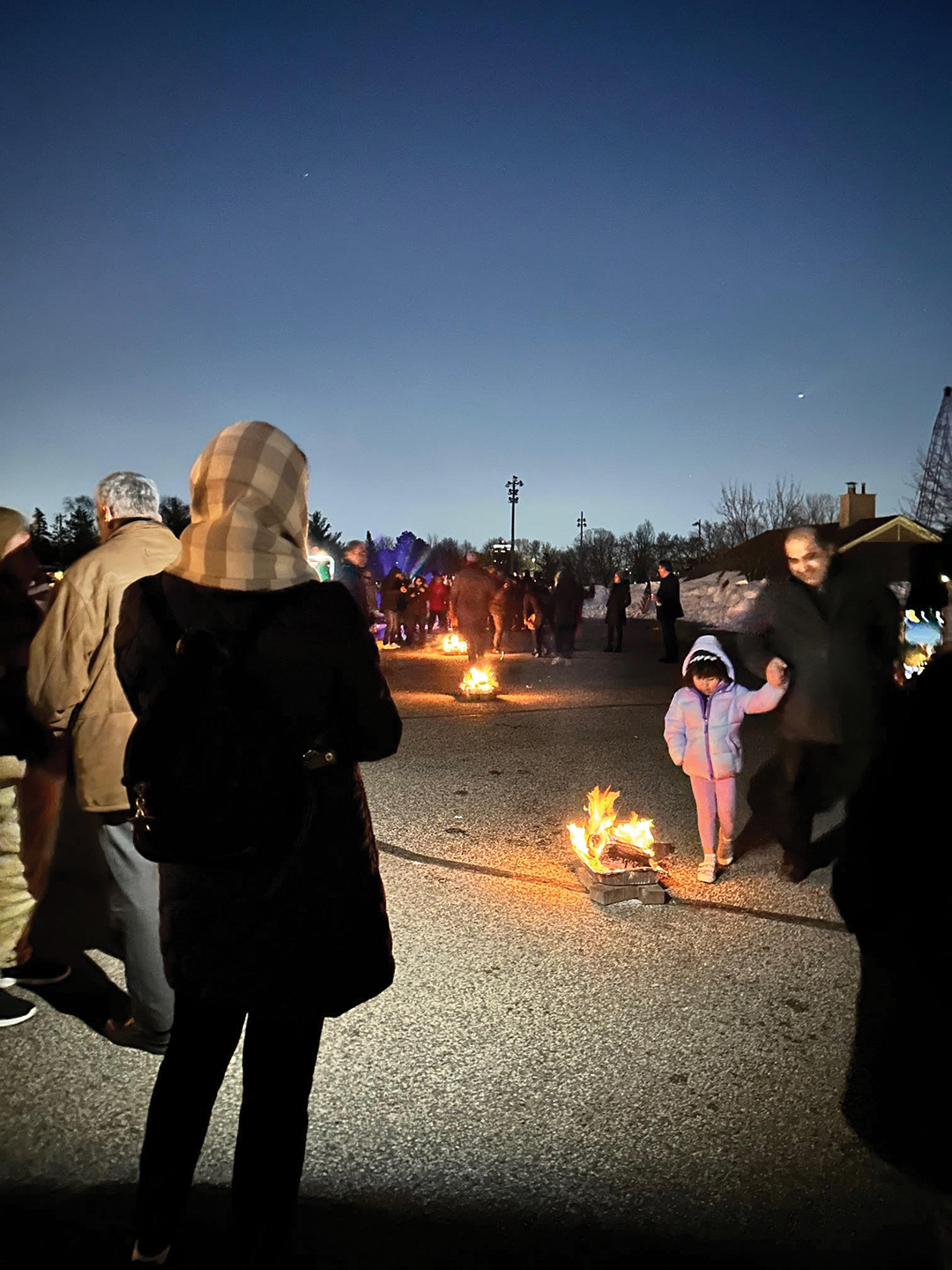
A woman watches a young girl jump over the fire at the 2023 Chaharshanbeh Suri event.
Both Johnson and Ebadi say the need for cultural celebrations—and the bringing together of neighbors—has never been greater. “They spark conversations about other cultures and beliefs that we wouldn’t feel as comfortable discussing elsewhere,” Johnson says. “They provide an opportunity for our children to create lasting friendships and build a culture of acceptance and inclusion.”
“Neighborhoods are the collective participation of the neighbors,” Ebadi says. “Getting to know each other [on] more meaningful levels, especially culturally, creates stronger neighborhoods and a sense of belonging.”
Dadres’s skill for community-building has gone beyond just her own Iranian traditions. As the cultural chair for the neighborhood, she’s also helped bring Cinco de Mayo, Diwali and Lunar New Year festivals to the city. She also organized a fundraiser in 2021 to help Afghan refugees, who had recently come to Minnesota, celebrate Yaldā Night, a traditional winter solstice festival celebrated across the former Persian Empire, which stretched from modern day Iran all the way to India. Many traditions in those countries are similar to this day, including Yaldā.
“We were able to provide the basic foods of the celebration to the newcomers, so they could have a tiny taste of home,” Dadres says. Volunteers from across Edina provided pomegranates, watermelons, nuts and battery-operated candles to each refugee family for Yaldā.
In her role as an enthusiastic facilitator of Edina’s multicultural celebrations, Dadres has found an important purpose. “So many in our society are becoming individualized,” she says. “[The pandemic] didn’t help our social closeness and breaking those barriers of loneliness. On the night of Chaharshanbeh Suri, my children don’t ask for their electronics because their hearts are full. They spent a couple of hours playing outside with their friends in the dark.”
Dadres also shares her recipe for Ash Reshteh, a traditional Persian soup that features in Chaharshanbeh Suri celebrations.
Chaharshanbeh Suri festival is held on March 12. Watch local news outlets, and visit southcornelia.org for more information.

